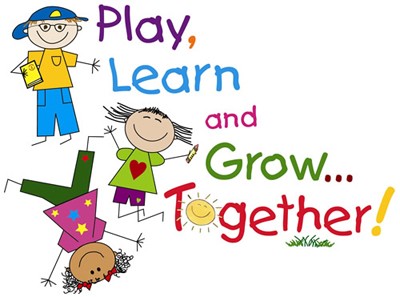
How do children learn?
“By the time a child reaches three years old, 25% of the brain’s core structure is formed! Most of the brain’s growth occurs during the first two years of life, when the vital neural connections are made in response to the child’s environment.
New born babies hundred billion neurons have tentative connections which, through the child’s experiences, will become the hard-wired connections responsible for all their major cognitive and emotional functioning.”
(Early Years Matters, 2009)
Our Curriculum
Our curriculum will be based on play. In Clever Clogs Childcare Centre we aim to provide high quality care and experiences for children which will help the hard wired connections to be made. We will follow Scottish Executive guidelines, “Birth-Three” and “Curriculum for Excellence” to ensure each child is provided with a range of positive learning experiences in a variety of settings.
The importance of play cannot be underestimated since it contributes to all aspects of children’s development and learning. Through play, children learn to listen, observe, talk, explore, investigate and experiment. They continually learn about the world in which they are growing up and learning the skills they will need to operate successfully in that world. Through play, children can express their ideas and feelings, use their imagination, role play and come to terms with new experiences. It allows them to practise new skills, consolidate learning and meet new challenges.
Staff in Clever Clogs Childcare Centre will surround children with high quality learning experiences to encourage their whole development across the key areas of the Curriculum for Excellence and Birth-Three. There will be sufficient flexibility for planning for learning, ensuring there are activities at different levels of difficulty, so that individual needs can be met both in the playrooms and outdoor areas. Intervention by staff during free play activities will be sensitively targeted to support and extend learning, to challenge, to channel interests into a broader and more balanced set of learning experiences. In addition, times will be set aside for small group activities or 1-1 situations so children learn and grow at their own pace and in their own unique style.
Staff will observe and record what the children do in these activities and work together to use their observations to plan appropriately for next steps in learning. Planning will be child centred.
Written and photographic observations will be recorded in Personal Learning Journals (PLJ) and children and families will also be encouraged to contribute. Soon the PLJ will become very important to both you and your child as he/she proudly talks about his/her achievements in the key areas of Curriculum for Excellence and Birth-Three;